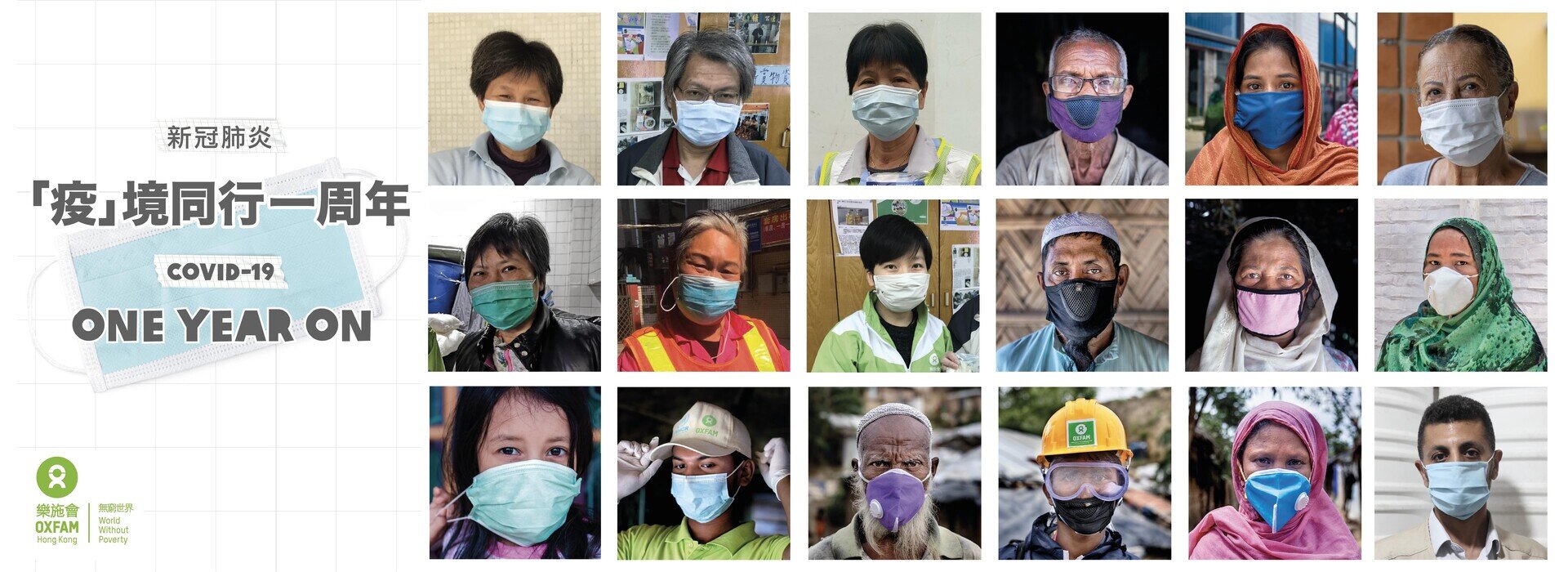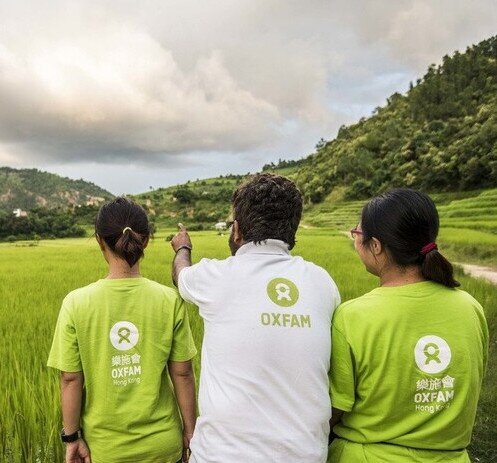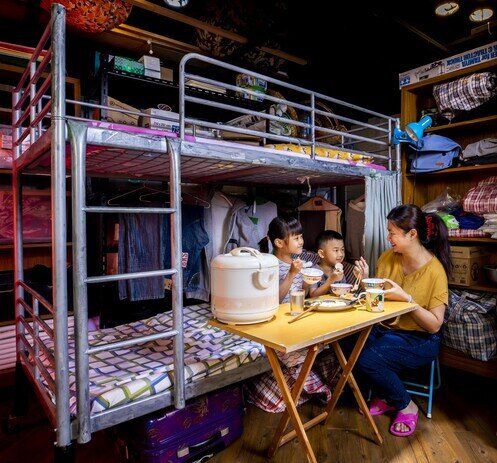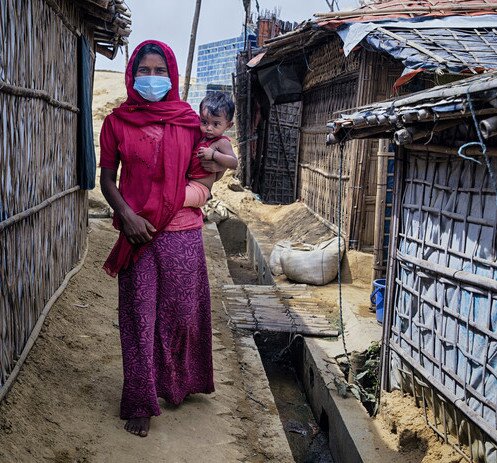Overview Sanitation & Hygiene Education food & livelihoods Advocacy
Hong Kong
Helping Children Study at Home During School Closures
Online classes have become the norm after COVID forced schools to suspend face-to-face classes. For children who live in Hong Kong’s subdivided flats though, finances and the lack of space have made it difficult to ‘go to’ class. Their beds have become their classrooms and desks, and the lack of access to the internet has made it difficult to continue studying online.
To address these issues, we at OHK:
- are offering poor households temporary self-storage units to store items like clothes, seasonal items and such to make room for home improvements so children have more space and a better learning environment
- distributed learning kits to kindergartners and primary school students who live in subdivided flats so they could continue to learn in a fun way even while they are at home. Each kit includes arts and crafts supplies and an instructional video, exercise books, picture books and such.
- moved our ‘Start from the Beginning – Chinese Supporting Scheme for Non-Chinese Speaking Students in Kindergarten’ project (which aims to help ethnic minority kindergarteners learn Chinese) online. We created a series of videos and games, and encouraged parents to get involved too so their children could review what they had previously learnt and continue learning during the pandemic. We have also:
- been assisting ethnic minority families in need to apply for free Internet services from welfare organisations
- been offering parents with technical support through our hotline to ensure smoother online classes for their children
- produced a video in English and Cantonese about Primary One admissions and registration, and shared this and the text version with parents
- set up a WhatsApp group for parents through which we send information about how to prevent the spread of COVID-19, unemployment assistance application methods, Chinese language learning resources, and information about Primary One admissions
Photos from Self-storage and Home Improvement Project
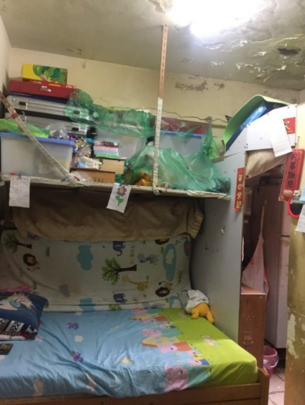
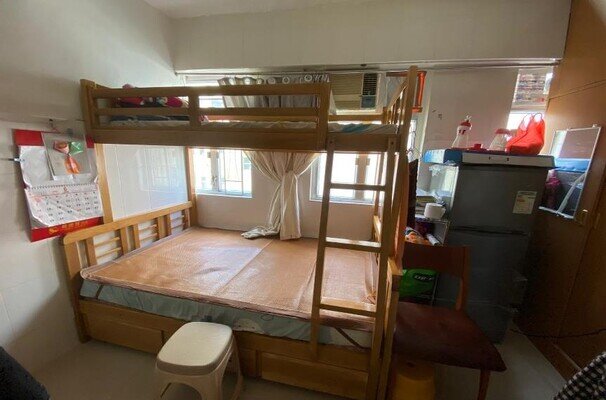
Photos from ‘Start from the Beginning – Chinese Supporting Scheme for Non-Chinese Speaking Students in Kindergarten’


Mainland China
Protecting the Mental Health of Migrant Children
In mainland China, migrant families experienced more pressure and anxiety as COVID-19 affected their incomes. This in turn affects their children’s mental health. That’s why Oxfam and its partners organised mental health classes for migrant children that aim to relieve stress and relax their minds and bodies. Through games and group discussions, they also got to know their classmates and learn how to adapt to new environments.
Our partners also used social media to offer support services such as the ‘Online Children's Reading Station’ to encourage parents and children to read picture books, learn, do handicrafts, and play sports together. They organised online classes for parents too, and responded to their questions about taking care of their children during COVID-19.
Overseas
Radio School: Seizing Every Opportunity to Learn
As schools closed in Mozambique and students were sent home due to COVID-19, alternative forms of teaching such as educational materials shared on social media and educational programmes on TV emerged. However, many children from poor families who live outside the cities and cannot afford a TV or access the internet could not benefit from these resources. That is why Oxfam supported a number of organisations to establish radio education for children to continue their education during lockdown.
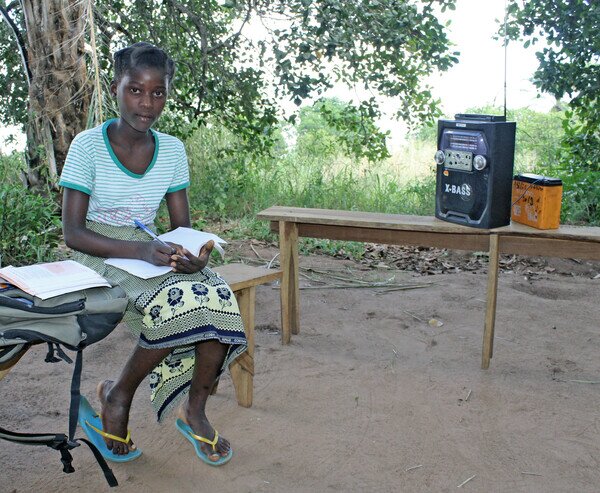
Overview Sanitation & Hygiene Education food & livelihoods Advocacy

